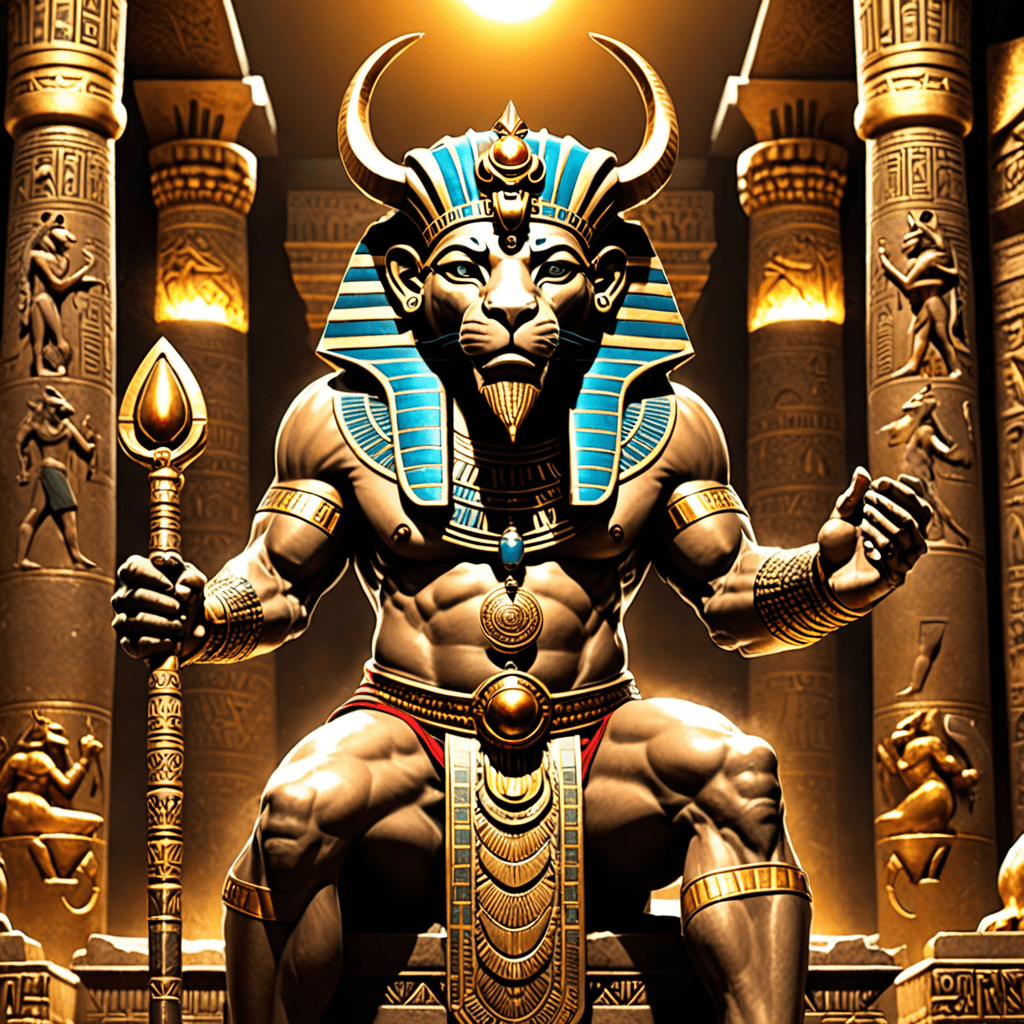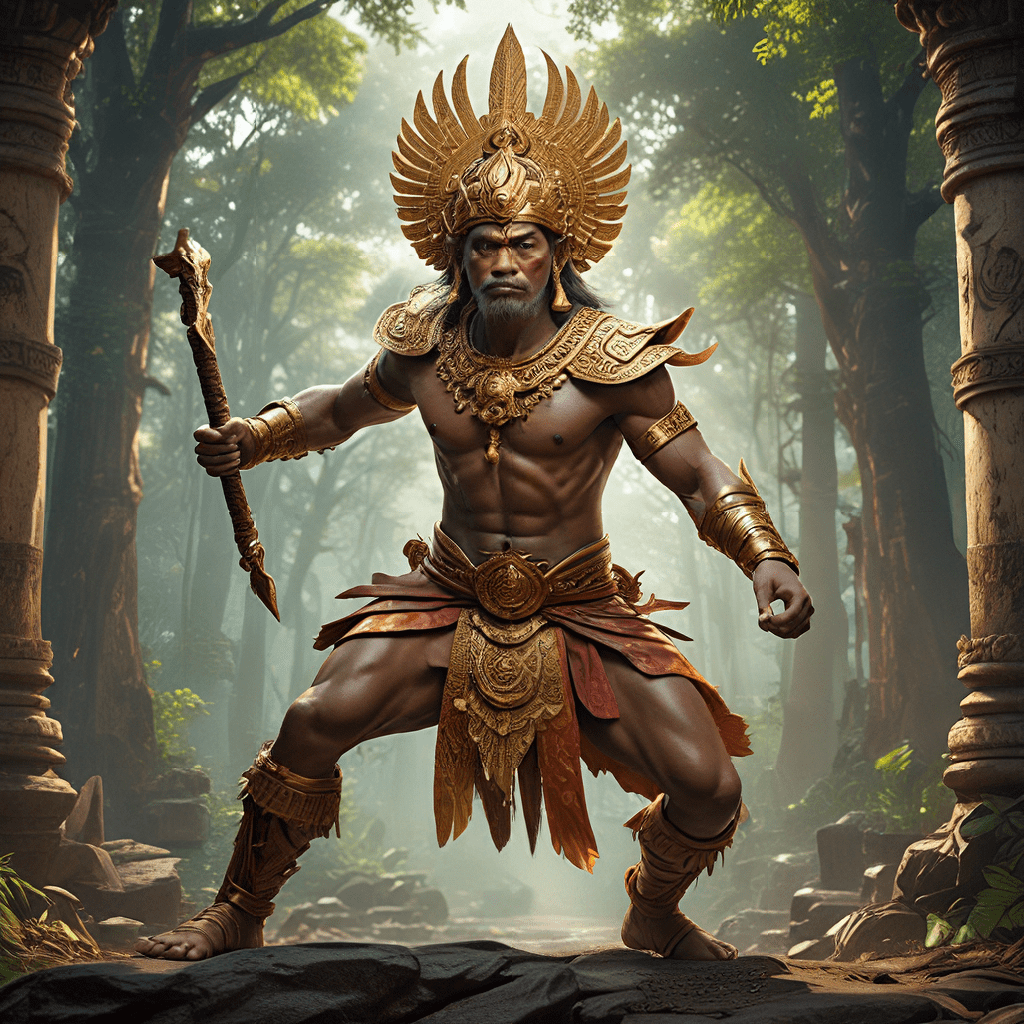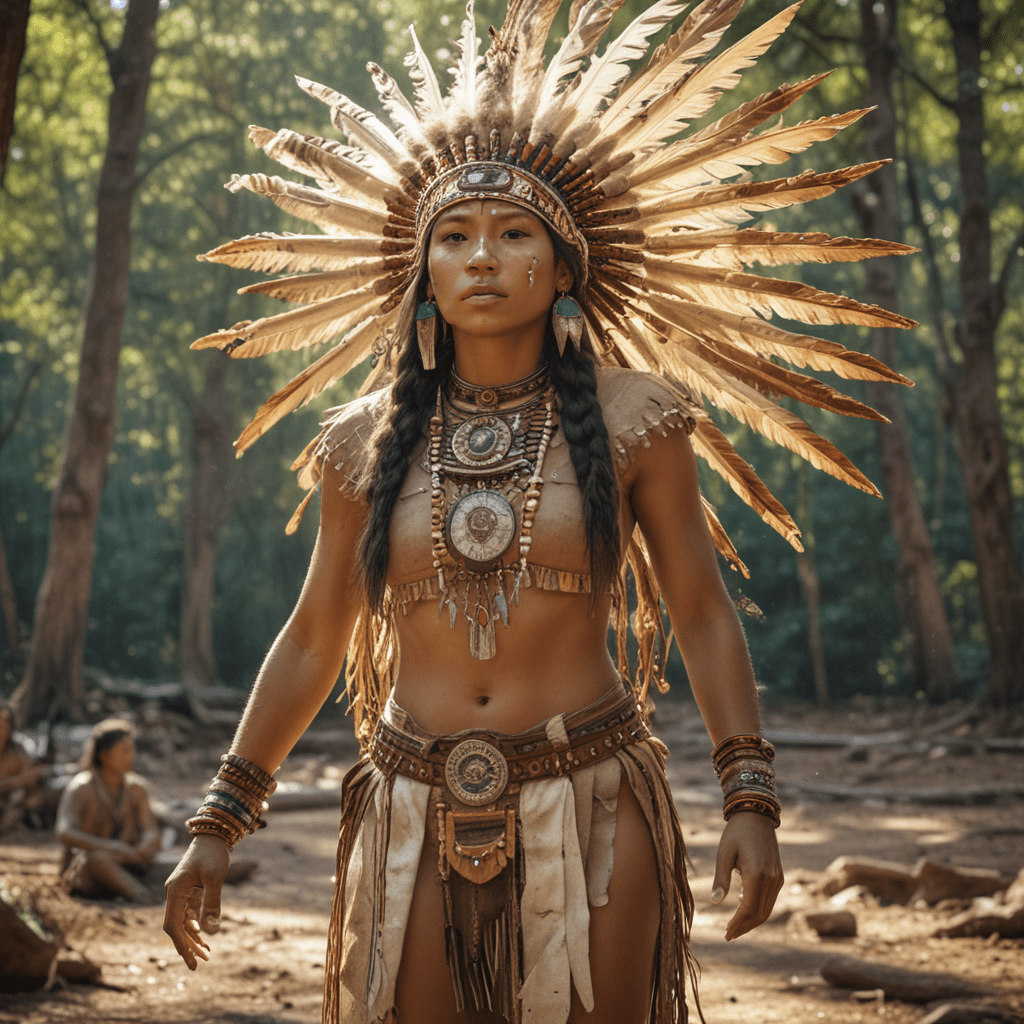The Myth of the God Bes in Egyptian Mythology
Egyptian mythology is rich with diverse deities, each with their unique characteristics and significance. One such intriguing figure is Bes, a deity known for his distinct appearance and protective powers.
Who is Bes in Egyptian Mythology?
Bes is an ancient Egyptian dwarf god, often depicted as a demonic-looking figure with a lion’s mane, a protruding tongue, and wearing a feathered headdress. Despite his fierce appearance, Bes was celebrated for his role as a protector of households, women in labor, and newborn babies. He was also associated with music, dance, and merriment.
The Role of Bes in Egyptian Society
Believed to ward off evil spirits and malevolent forces, Bes was a popular deity in domestic settings. His image could be found on amulets, furniture, and even cosmetics containers to provide protection and good fortune. Bes was especially revered by women seeking safe childbirth and was often invoked during labor to ensure a successful delivery.
Legacy and Continuation of Bes Worship
Although Bes was primarily worshiped in the New Kingdom period of ancient Egypt, his cult remained popular for centuries. Even after the decline of traditional Egyptian religion, Bes’s connection to protection and joy persisted. His unique representation and significance in Egyptian mythology continue to fascinate scholars and enthusiasts of ancient civilizations.
FAQ about the Myth of the God Bes in Egyptian Mythology
Who was Bes in Egyptian mythology?
Bes was a deity in Egyptian mythology known for his unique appearance as a dwarf with leonine features. He was the protector of households, women in labor, and newborns, associated with music, dance, and fertility.
What was Bes known for?
Bes was revered for his role as a fierce protector against evil spirits and any harm that could befall the household. He was often depicted wearing a lion’s mane and tail, emphasizing his ferocity in safeguarding homes and families.
Was Bes a popular deity in ancient Egypt?
Yes, Bes was widely worshipped in ancient Egypt, particularly during the New Kingdom period. His popularity extended beyond Egypt, with artifacts and references to Bes found in various regions influenced by Egyptian culture.
What symbols were associated with Bes?
Bes was symbolized by images of lions, harps, and masks, reflecting his roles as a guardian, a deity of music and dance, and a protector during childbirth. These symbols represented his association with joy, protection, and fertility.
How did Egyptians seek the protection of Bes?
To invoke Bes’s protection, Egyptians often wore amulets depicting the deity, especially during childbirth and infancy. Bes was also inscribed in homes and temples to ward off evil




